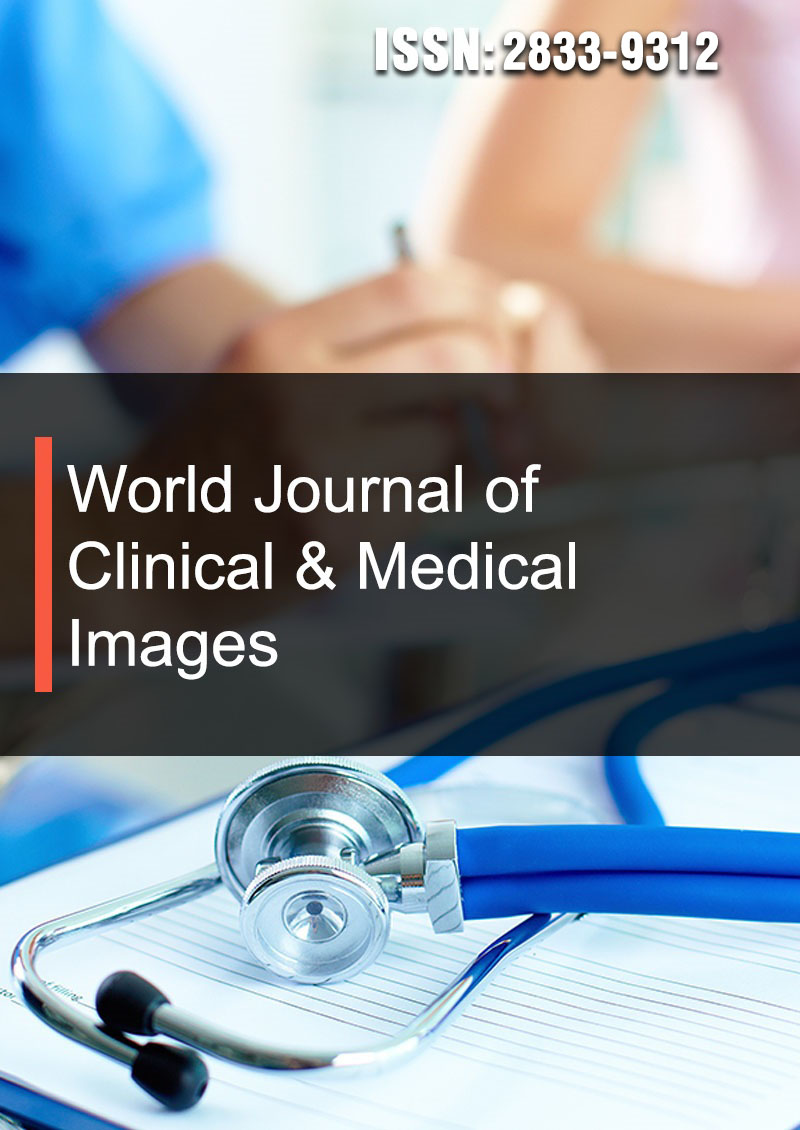Glycation injury effects on aging and possible ways of prevention
Abstract
Fatema Tasnim
Glycation is both a physiological and pathological process that mainly affects proteins, nucleic acids, and lipids. Advanced glycation end product (AGE) formation begins with the non-enzymatic glycation of free amino groups by sugars and aldehydes which leads to a succession of rearrangements of intermediate compounds and ultimately to irreversibly bound products known as AGEs. Recent studies have revealed the contributing roles of AGEs in the development of various aging-related conditions, such as diabetes, heart disease, and cancer. Controlling the blood sugar level is a natural method to inhibit glycation in diabetes. It is also seen from animal studies that exercise reduces the concentration of AGEs and highly reactive intermediates of AGE.



